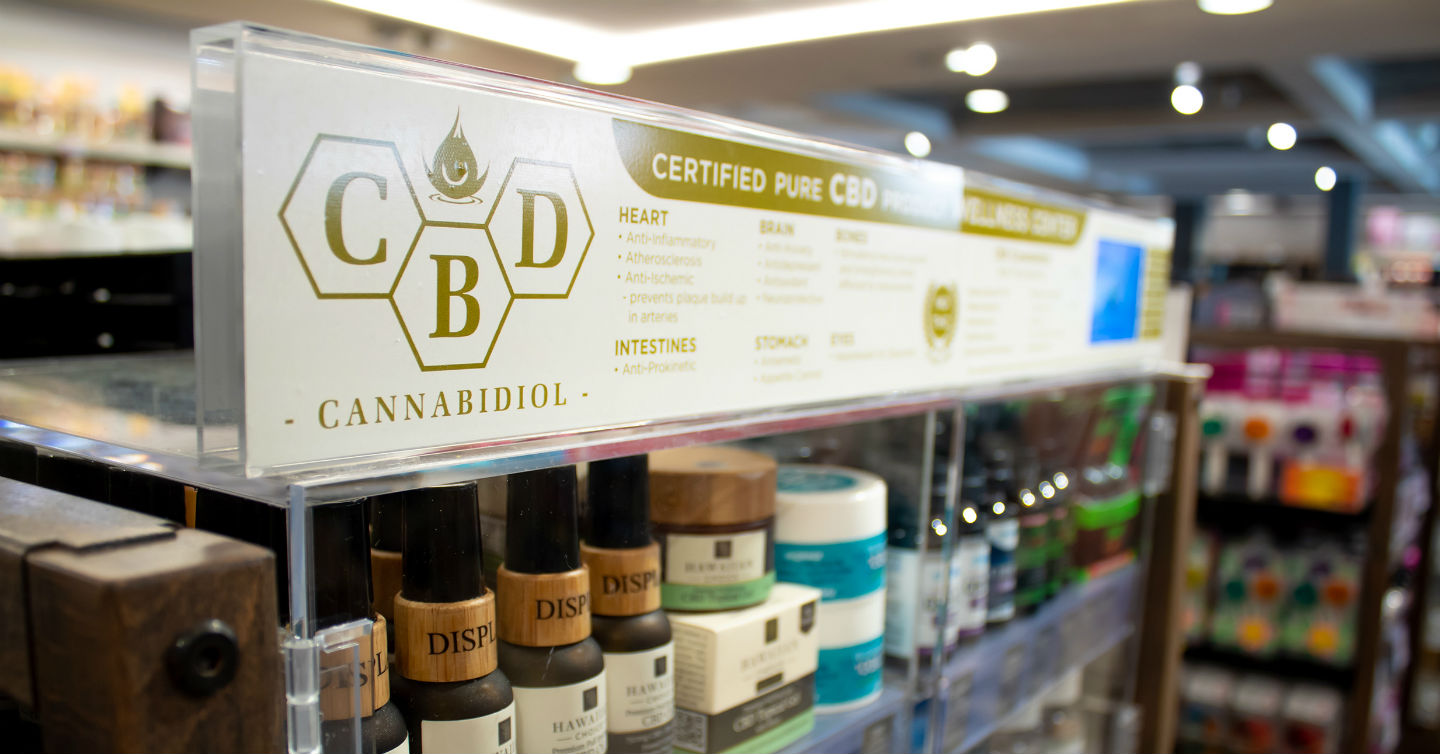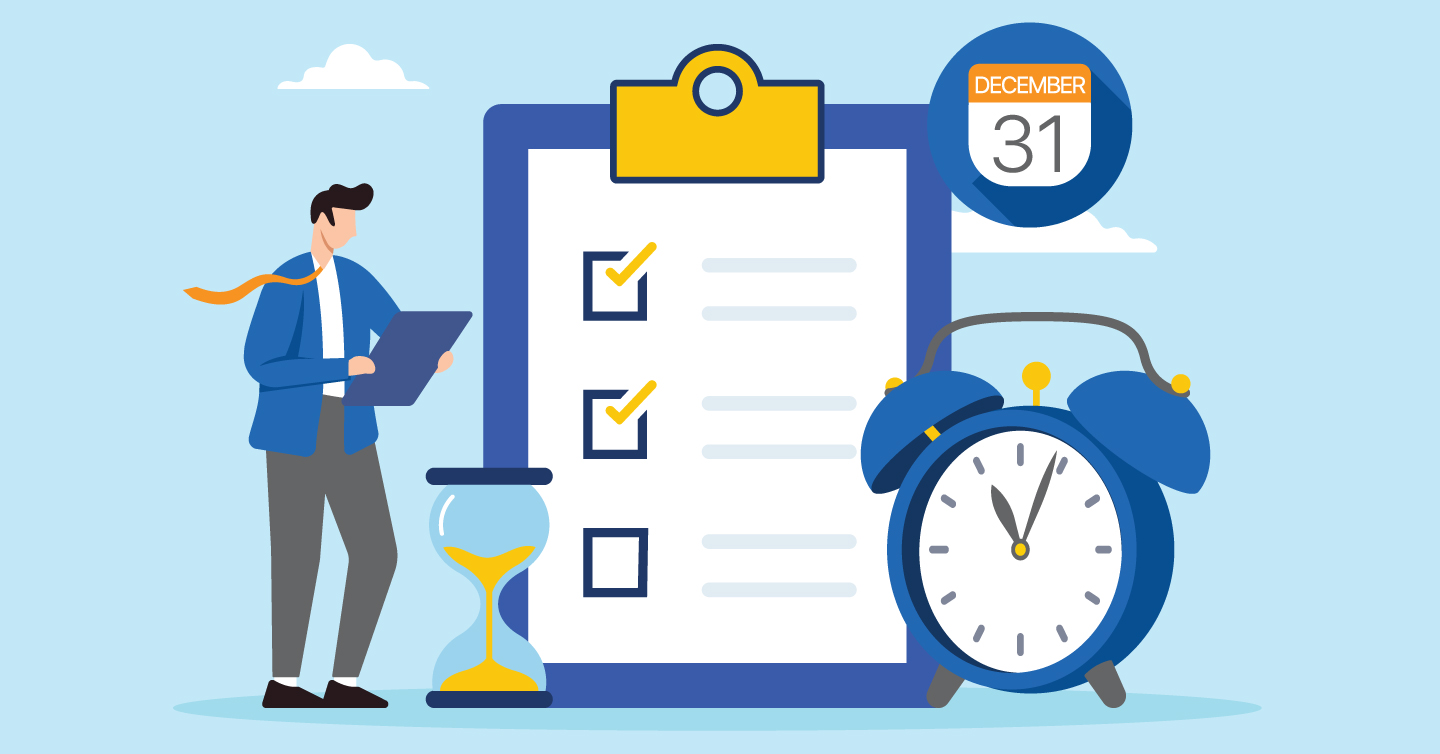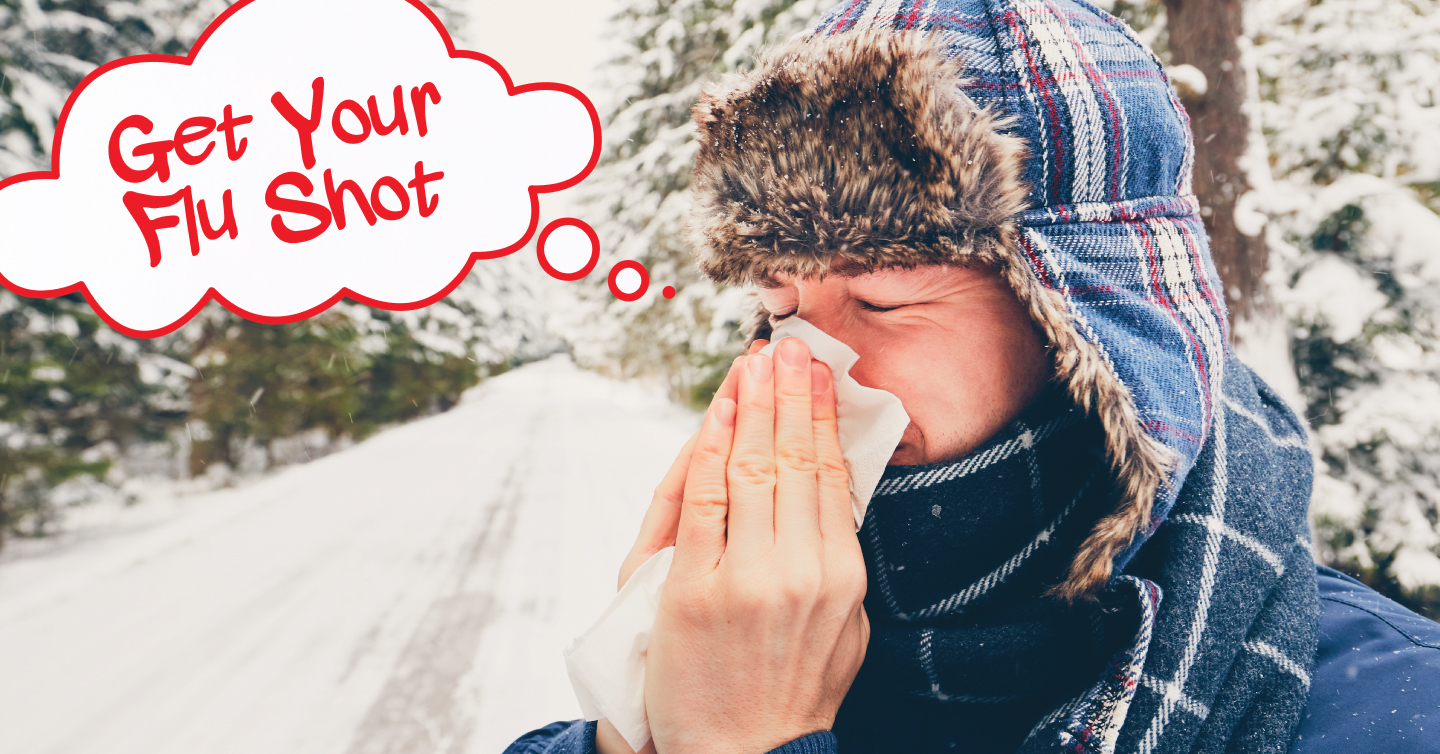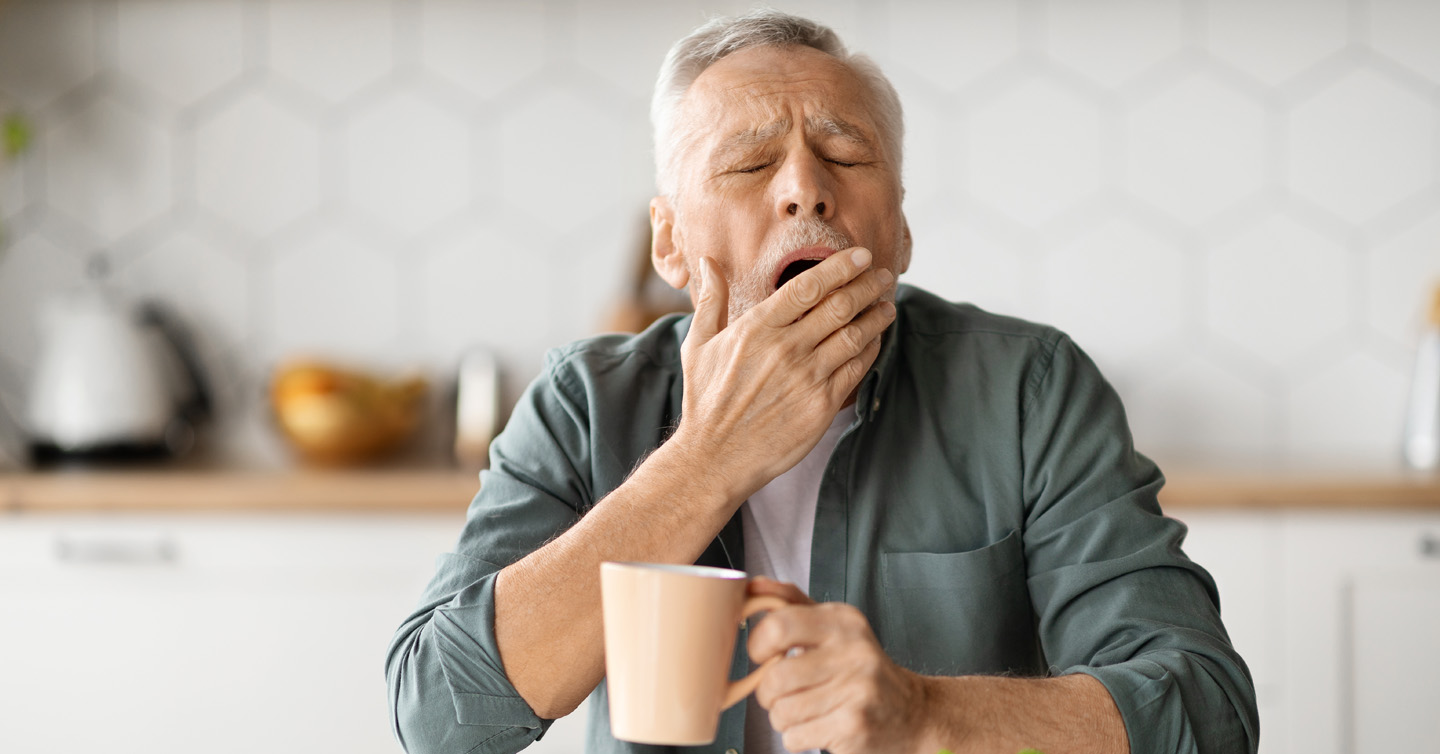Do You Know Your CBDs? Searching For Safety in a Cannabidiol (CBD) Flooded Market

CBD oil and CBD product safety
From the corner gas station and video store to the neighborhood pharmacy, oral Cannabidiol (CBD) oil is sold almost everywhere, ranging drastically in price and quality. With so many different variations of CBD products, how can you find a safe CBD product? It is wise to be both a cautious and informed consumer for any product you ingest, including over-the-counter products like CBD.
Why do I need to be concerned about safety?
CBD is not regulated by the Food and Drug Administration (FDA), so consumers must be extra cautious about what they buy and where they buy it. In 2017, The Journal of the American Medical Association (JAMA) published a study that found almost 70 percent of cannabidiol products sold online were either over or under the labeled amount, potentially harming consumers. Tainted and contaminated oral CBD products have made people sick in two states, leading to emergency room (ER) visits. Even with independent labs testing CBD, the safety net that the FDA provides is missing. Consumers must be aware of how the product looks, tastes and makes them feel, and they should report unusual side effects to their health care provider.
Should I ask my doctor if CBD is safe for me?
Definitely. Before starting any medication, including over-the-counter and herbal products, check with your personal doctor for any concerns about interactions between CBD and a medical condition or medication. For example, CBD is processed by the liver and could interact with other medications processed by the liver. Your doctor may watch your liver lab work more closely knowing you are taking CBD or recommend you avoid it altogether.
Can CBD cause a positive drug test?
Yes. Using a “full-spectrum” version of CBD can produce a positive drug test for tetrahydrocannabinol (THC), the chemical in marijuana. The THC-free versions, “broad spectrum” or “isolates”, produce a negative drug test.
How can I spot tainted or contaminated CBD?
Two years ago, Nic Smith, local pharmacist and owner of Smith Pharmacy, noticed a large influx of questions from physicians and patients regarding CBD. Knowing that pharmacists are a trusted source for medication information, including over-the-counter products, Nic began studying the safety and effectiveness of CBD oil. His advice for finding a safe CBD product is to buy from a trusted source.
The process starts by looking for a manufacturer with high standards for extraction and quality control. Trusted manufacturers send each batch, or lot number, to an independent testing facility separate from the CBD manufacturer. Independent testing facilities test for the absence of THC and that CBD content falls within the accepted range. Some manufacturers also test for metals and bacteria. Nic encourages consumers to ask at the store or pharmacy about lot-number lab results and manufacturer-specific information before purchasing CBD products. A seller that has done research regarding the safety of the CBD product will be able to answer these questions.
Where can I find a list of CBD products to avoid?
The FDA has a link with a list of CBD products that consumers should avoid purchasing or using. The list includes companies who have been warned about safety concerns when the products were tested.
CBD products are not a Network Health covered benefit. If you’re interested in CBD products, you should talk with your personal doctor.
*This blog is part one of a two-part series. Stay tuned for ideas on over-the-counter CBD uses, side effects and its place in therapy.



